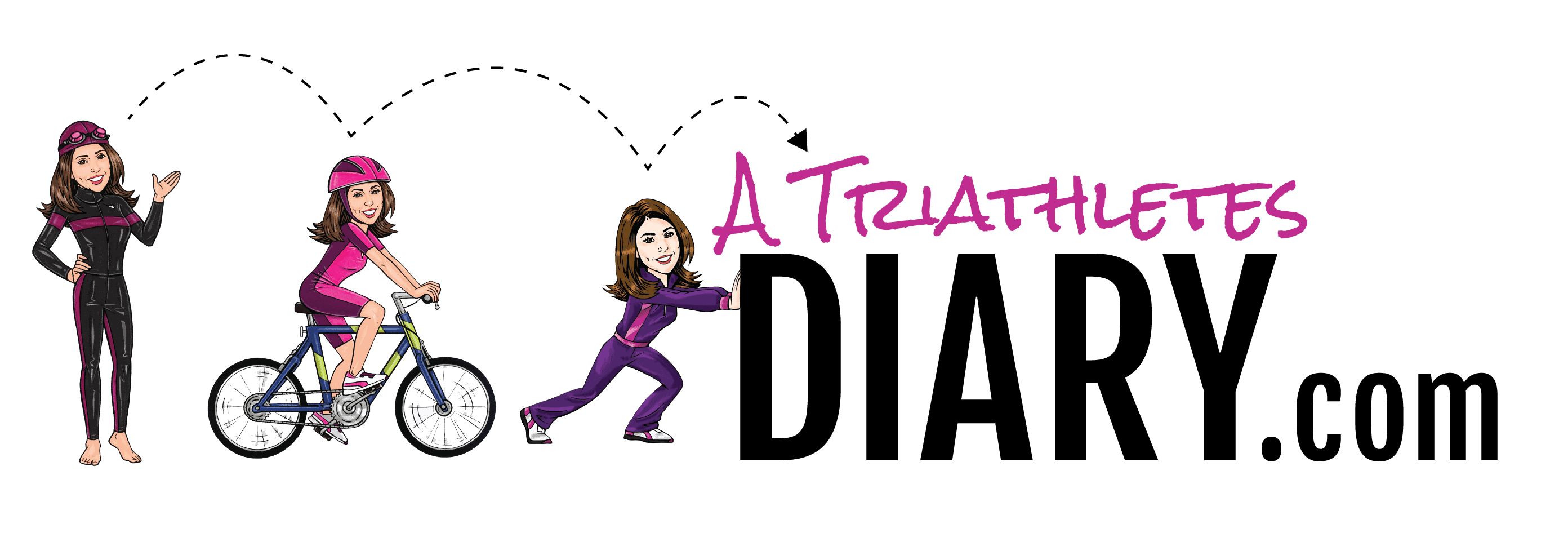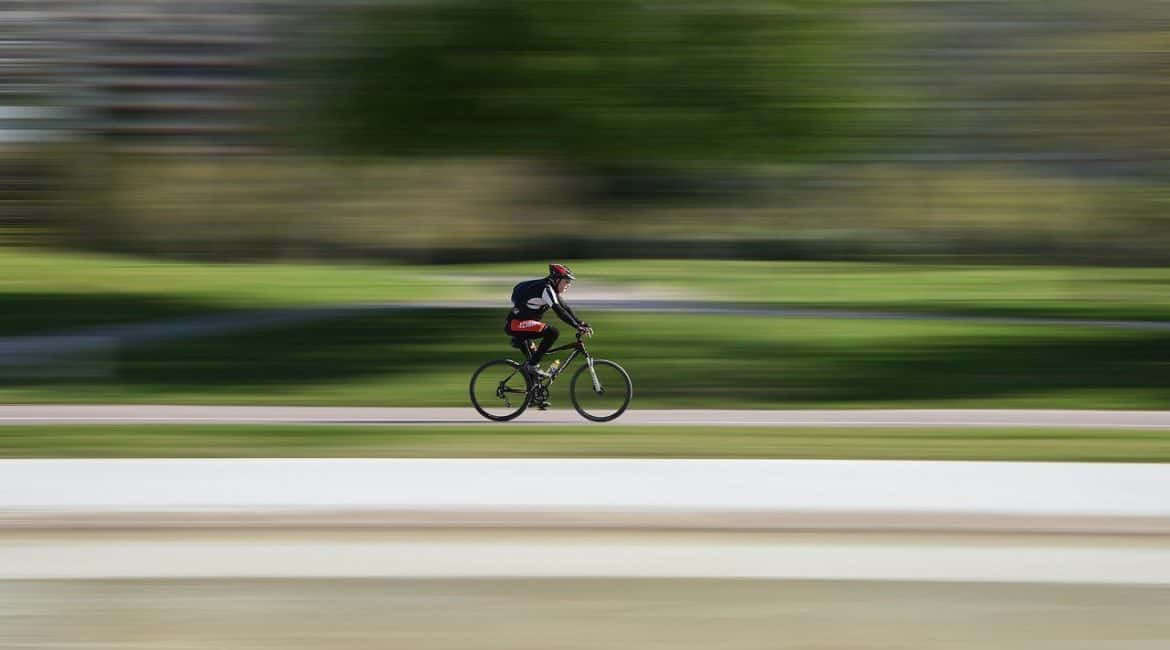This was a blog post from a few years back. Since it is still relevant, I decided to re-run it.
——
I have been training with power since 2004 when power meters were “less known.” It was an eye-opening experience for me! I worked with my coach, who was a master at training with power and I got to see first-hand how beneficial it was to train with a power meter. I wouldn’t train any other way.
Why is it so beneficial to your training, you ask? Well, I’ll tell you:
INSTANT FEEDBACK!
With a power meter, you know how you are performing instantly as opposed to heart rate, which lags. For example, say you have a VO2 workout of 5×4 minutes. With a power meter you know what to hold for those intervals and you know instantly if you are hitting the wattage range or not. With Heart Rate, it will take some time to get the heart rate range you need to. By the time you reach the VO2 Heart rate, you are already well into the interval. With heart rate, it’s just not as clear whether you are working in the range that you should be. With power, you know exactly where you should be.
CLEARLY SEE YOUR RESULTS AND IMPROVEMENTS!
With a power meter, you know exactly what you are doing in each and every workout, which makes it clear when you are improving! For example, say you do the classic “2×20 at threshold” workout each week. With a power meter, you have specific ranges that you need to hit. But one day you go out and you find that you exceeded that range! Usually, you hold in the range of 210-220 watts on your 2×20’s, but now you find 220-230 watts to be the numbers that you are hitting. You are clearly seeing improvements in your workouts and your threshold! With heart rate, you cannot see improvements like this. Now, with your power meter, you have a new goal for the next time you are doing the workout and you can clearly see the improvements in your training!
YOU KNOW WHEN YOU NEED TO RECOVER!
Let’s say you head out to do the “2×20 workout”. You are pushing at the very same “perceived exertion” that you usually do. You are doing everything you can do to hit your threshold range of 210-220, but you find that you can’t even break 200 today! This is a CLEAR sign that you need to STOP the workout, spin easily home and REST. Your body needs to recover!
RACING BECOMES SIMPLE!
When I was racing pro I used to say that racing with a power meter was “like cheating”! After figuring out what wattage range I could ride in Ironman and still run off the bike (or any distance triathlon, for that matter) I would train at this wattage. Come race day, I felt confident that I could hold that wattage range, and if I did everything right nutritionally, come off the bike and run my best! How great is that? There is no guess work!
POWER KEEPS YOUR WITS ABOUT YOU!
When racing any distance race, half and full Ironman especially, what is one of the biggest mistakes that athletes make? GOING TOO HARD ON THE BIKE AND KILLING YOURSELF FOR THE RUN! With a power meter, you know exactly the range to ride at and you know what wattage you should not exceed, which prevents you from “burning matches” for the run! Again, there is no guessing!!
I can go on and on about training power and its benefits. The main thing to remember if you do indeed invest in a power meter is the fact that power will mean nothing to you if you don’t do at least one of two things: educate yourself by investing in a great book on training with power such as the one pictured here, “Training & Racing with a Power Meter, 2nd Ed. Book by Hunter Allen & Andrew Coggan, Ph.D.”, OR work with someone who knows the power and REALLY knows how to train with power properly. If you do, you will have that “eye-opening” experience that I did back in 2004, and I guarantee you will never go back!
After Graduating College as an All-American distance swimmer, Danielle Sullivan entered and won her first triathlon, a sprint distance triathlon in Maryland. Danielle was soon hooked and began competing in many more triathlons. At the age of 24, Danielle entered Ironman Florida, winning her age group and qualifying for the World Championships in Kona, Hawaii. She had a very successful Ironman career as an amateur, placing as high as 2nd in her age group and 4th overall amateur woman in the World Championships in Kona, HI. The next year Danielle decided to turn Professional. She went on to have a successful Professional career racing for the Zoot Ultra Team, placing consistently in the top 8 in her Ironman races and as high as 4th overall. Danielle has taken her 18 years of experience in the sport to build her coaching business here on Long Island where she also offers swim training, track workouts and group training rides on a weekly basis!





